

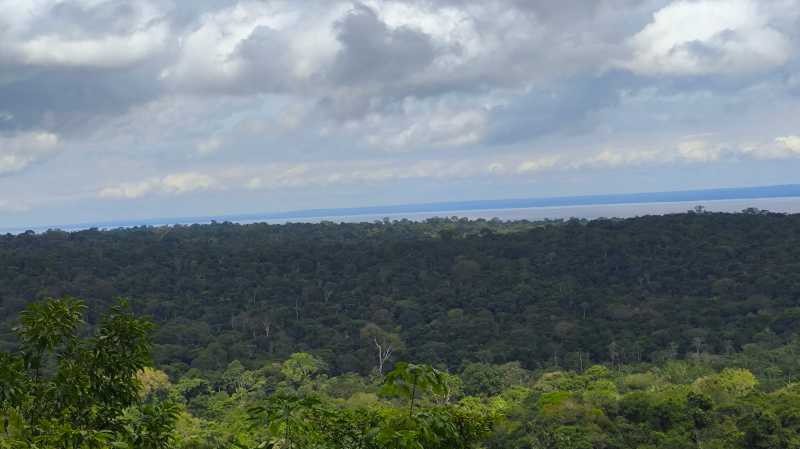
Satellite data also shows 25% less rainfall compared to regions with high forest cover.
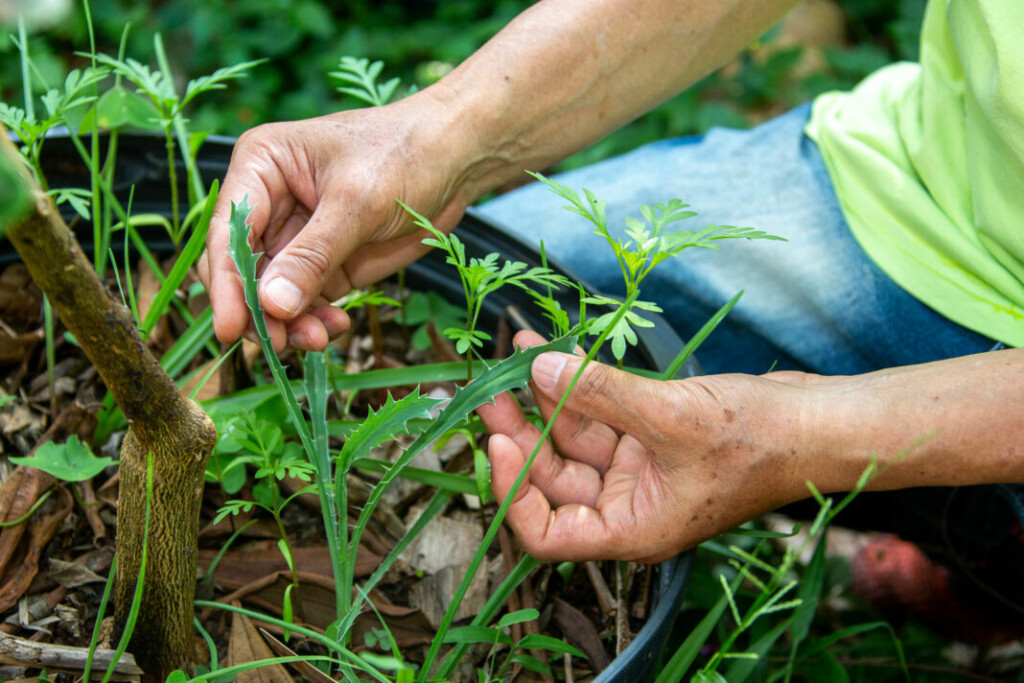
Researchers at a FAPESP-supported research center demonstrate that diversified crop management in agricultural systems increases carbon capture in the soil.
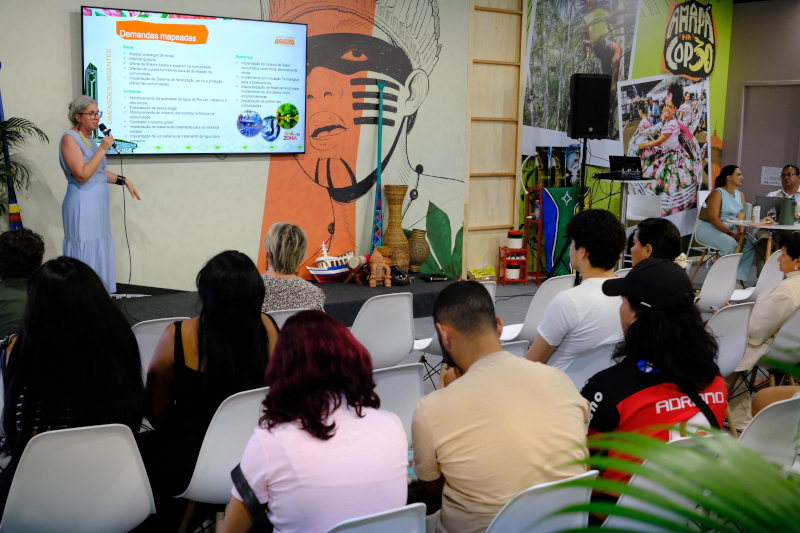
Researchers from the Amazon+10 Initiative begin presenting their initial findings in the social, environmental, and economic areas.
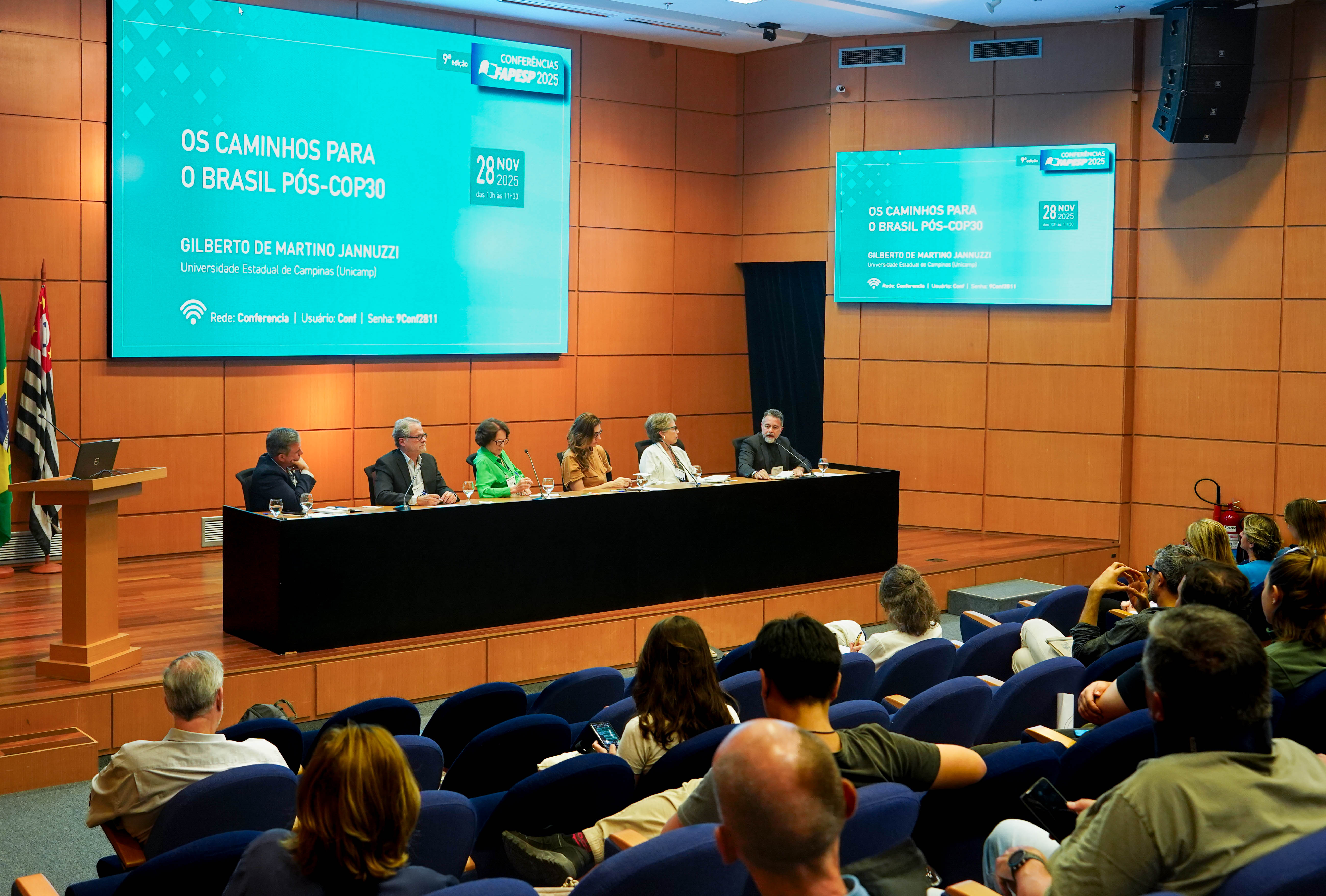
São Paulo needs to drive the process of gradually replacing fossil fuels with renewable energy sources in Brazil, said Gilberto Jannuzzi at a conference organized by FAPESP to discuss the path forward for the country after COP30.

At the FAPESP Day Uruguay symposium, Pedro Brancalion, a professor at the University of São Paulo, presented the results of a project that aims to leverage the country’s carbon credit market.
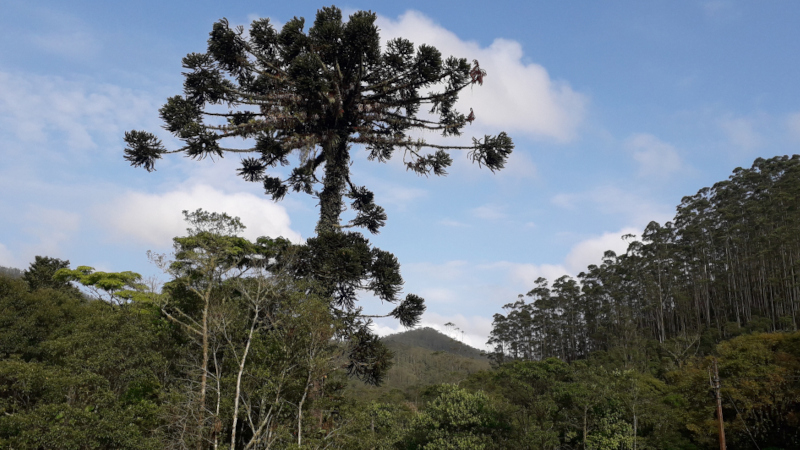
Study identifies 167 native species of the Atlantic Forest with bioeconomic applications: 58% in the medical field, 12% in cosmetics, and 5% in the food sector; 78 species (46.7%) have patents registered in 61 countries, only 8% of them in Brazil.

Combining field research data with climate model projections, a study has reconstructed the activity of the Atlantic Meridional Overturning Circulation – one of the main drivers of the Earth’s climate – throughout the Holocene. Projected scenarios for the future are unlike anything seen in the last 6,500 years.

One of the world’s leading experts on the fruit, Hervé Rogez, a professor at the Federal University of Pará, warns about the social, environmental, and economic impacts of “açaízation” in the Amazon.
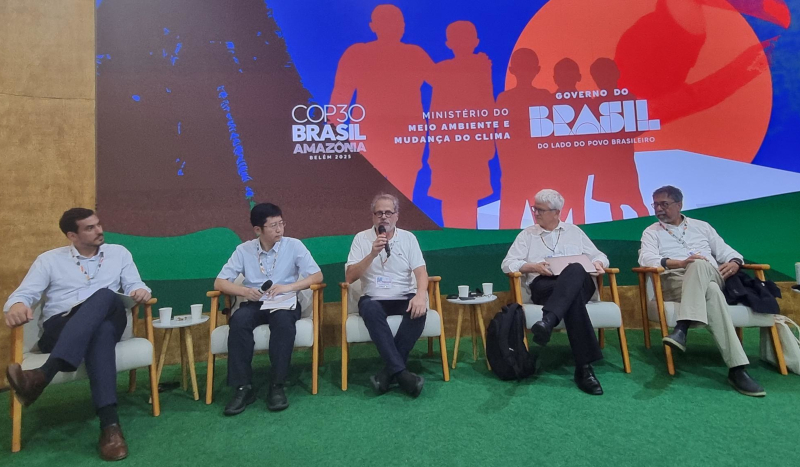
Developing nations hold most of the mineral reserves essential for clean energy and already have experience and a pioneering spirit in creating new markets, such as bioenergy and electric cars, according to participants in a panel discussion promoted by FAPESP at COP30.
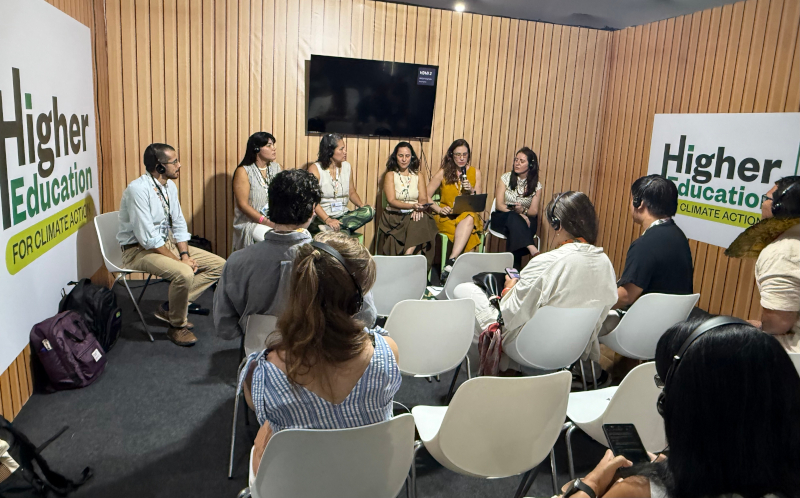
In a panel discussion held in the Blue Zone of the conference, a Brazilian IPCC researcher said that discussions on the subject must reach society through accessible communication without losing scientific rigor.
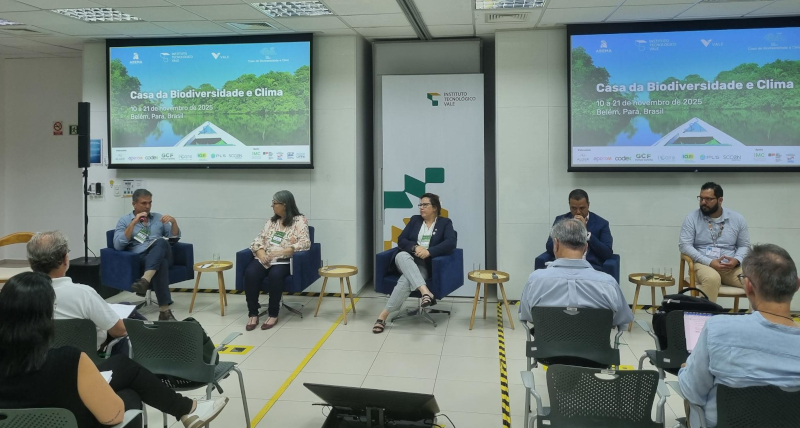
This assessment was made by participants at an event promoted by FAPESP, the Brazilian Association of State Environmental Agencies, and the Vale Technological Institute during COP30.
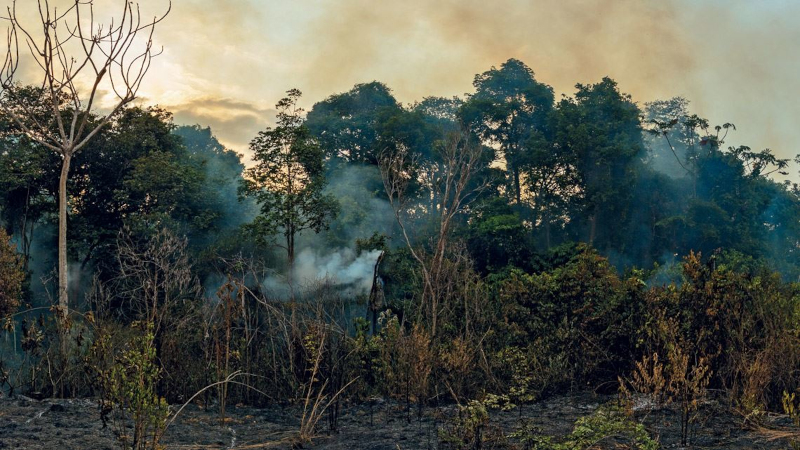
At an event in the Blue Zone at COP30, the physicist and climatologist stated that the world is close to surpassing the 1.5 °C average warming limit and is heading towards 2.8 °C.
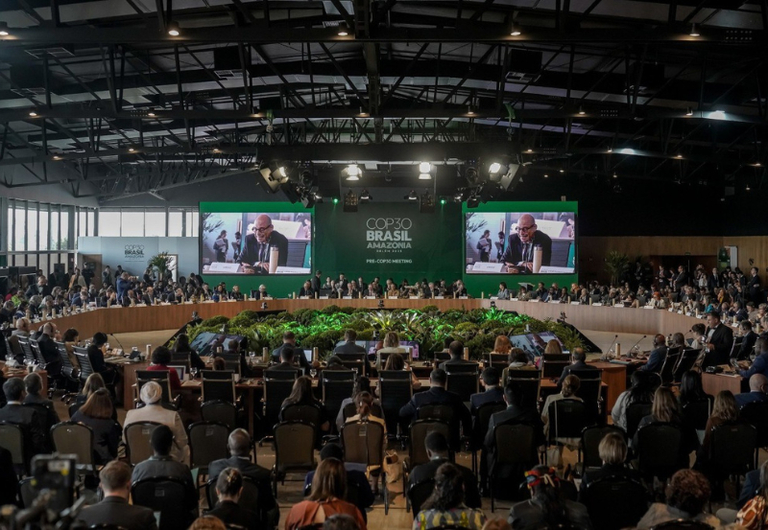
In an article published in a scientific journal, the group emphasizes that Brazil must align its domestic policies with international commitments.

In an article published in a scientific journal, the group emphasizes that Brazil must align its domestic policies with international commitments.
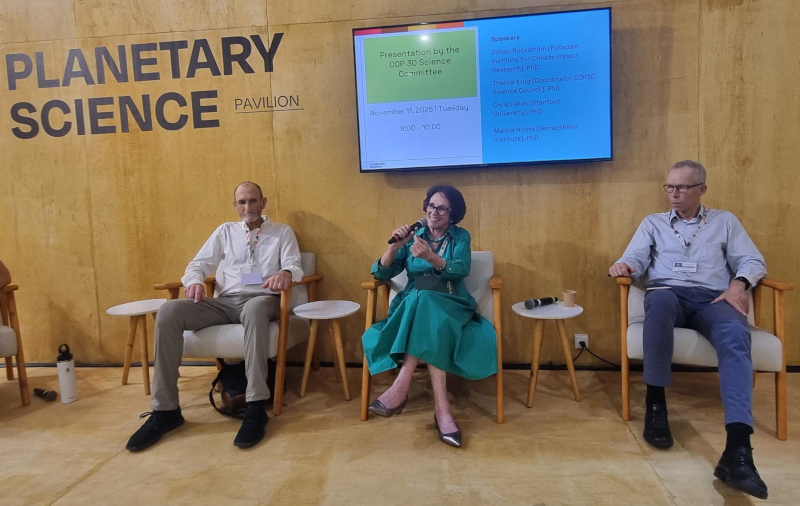
The margin must be defined as a reference point in the COP30 negotiations, assess members of the Scientific Council of the climate conference presidency.
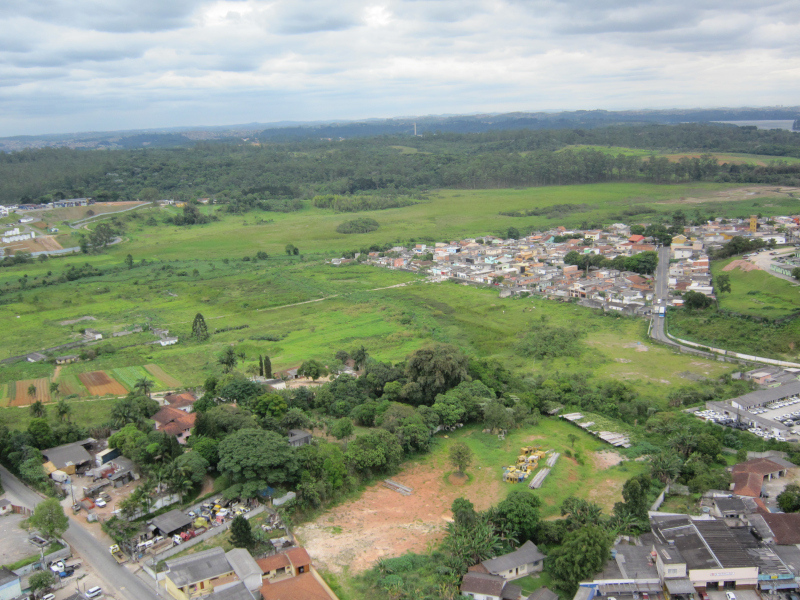
Researchers from a FAPESP-supported research center point to 410,000 hectares of land in cities that could be regenerated.

Researchers from a FAPESP-supported research center point to 410,000 hectares of land in cities that could be regenerated.
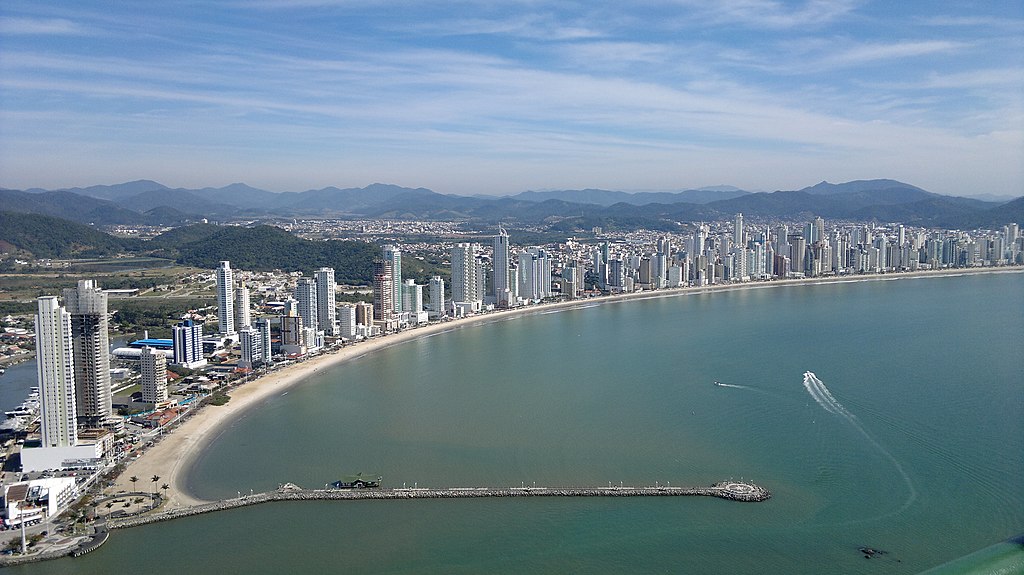
Coastal ecosystems are being affected by the rising sea level associated with the expansion of real estate development; Marine scientist Omar Defeo, a professor at Uruguay’s University of the Republic, addressed this topic during the FAPESP Day Uruguay symposium.
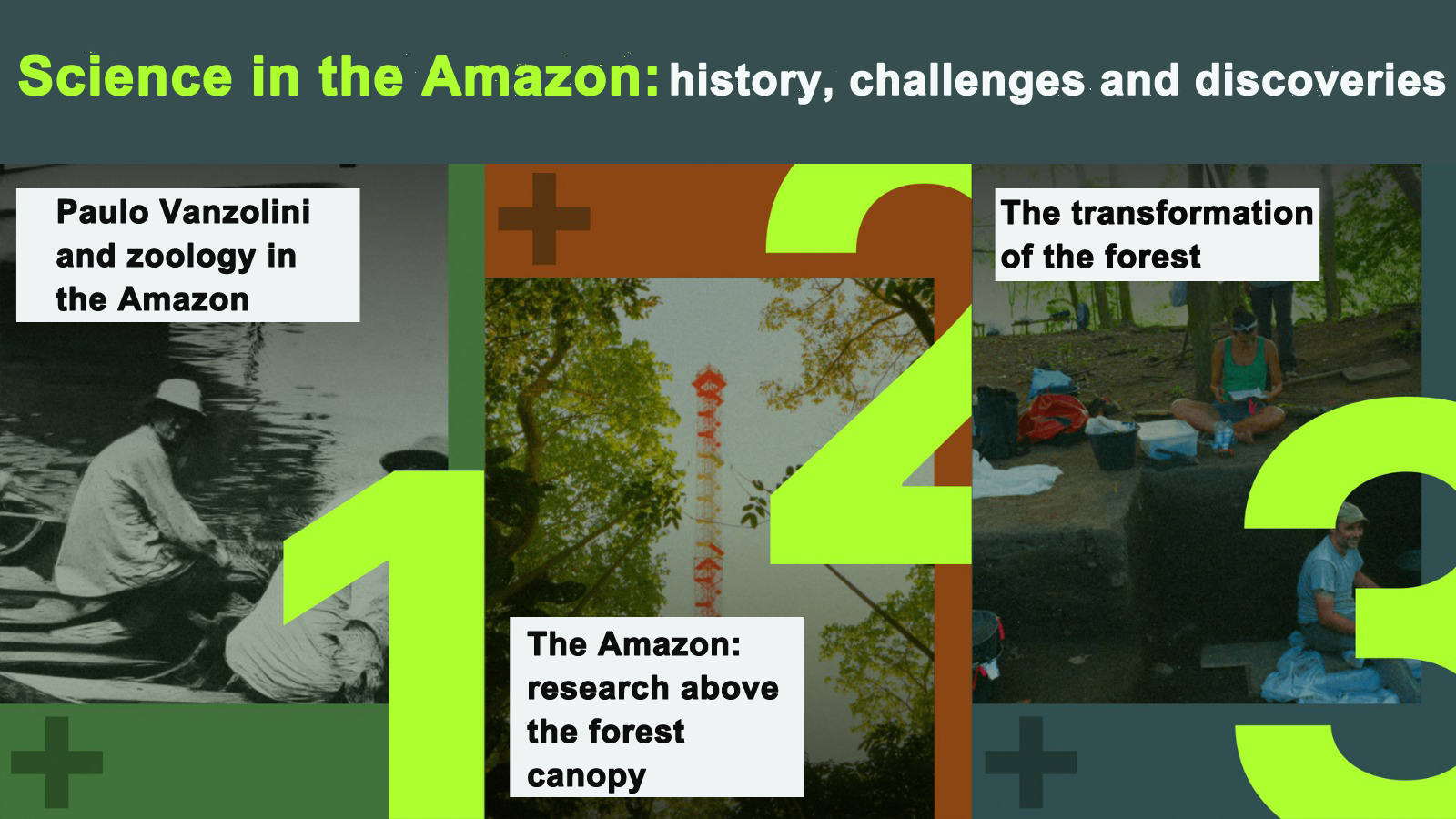
The initiative brings together documents, photos, and interviews with scientists who, since 1962, have advanced knowledge on topics including biodiversity, climate change, and traditional communities through their research.
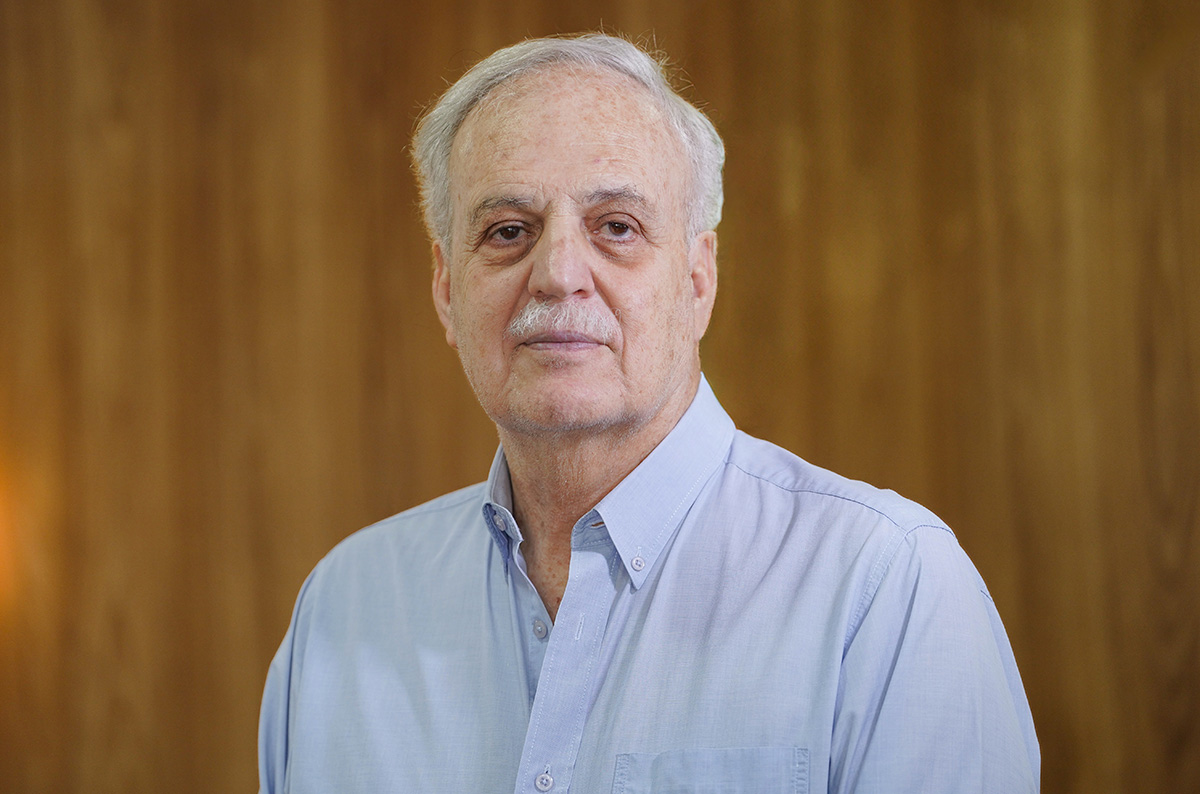
The climate scientist was the first scientific coordinator of the Large-Scale Biosphere-Atmosphere Experiment in the Amazon (LBA).
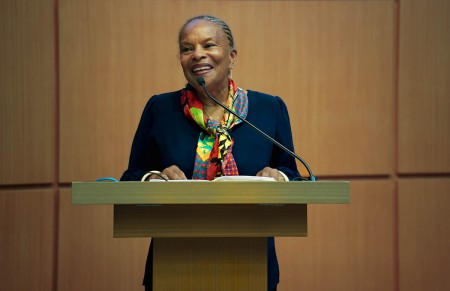
With COP30 in Belém approaching, the ideas of the former French Minister of Justice are gaining momentum, inviting us to rethink multilateralism and the structure of the institutions that shape the world.
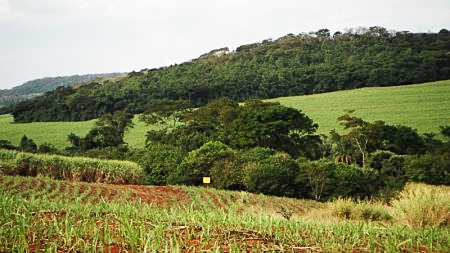
The research used network theory to analyze the ecological connectivity of 28 areas in the northwest of the state of São Paulo, Brazil.
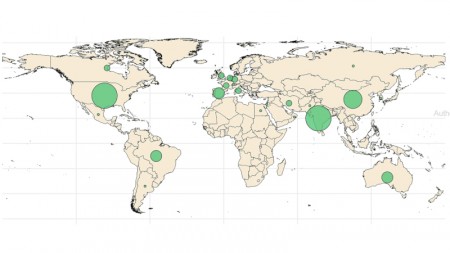
Regions most vulnerable to climate change and environmental degradation produce the least local knowledge on the subject.
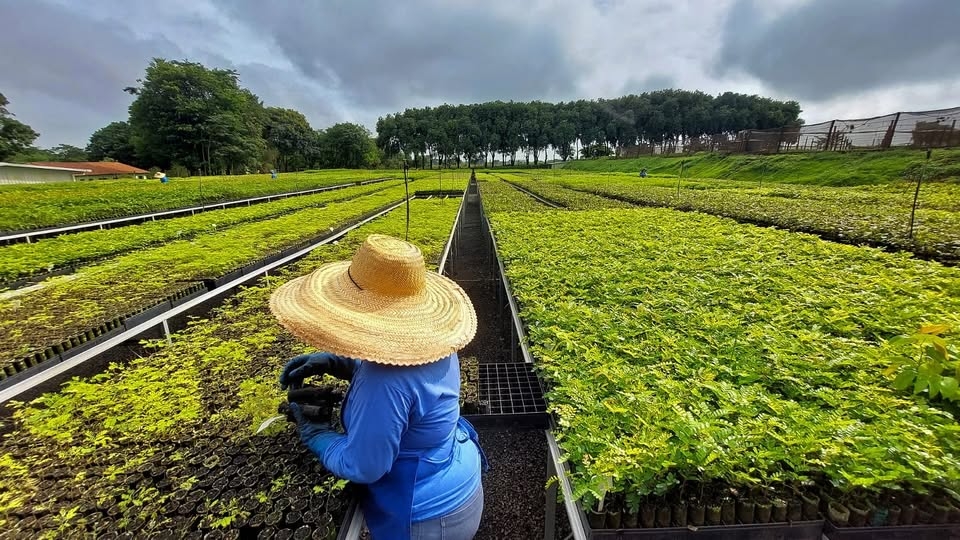
One way Re.green compensates its investors is by selling carbon credits sequestered by restored areas. The calculation methodology is based on the results of a project supported by FAPESP.
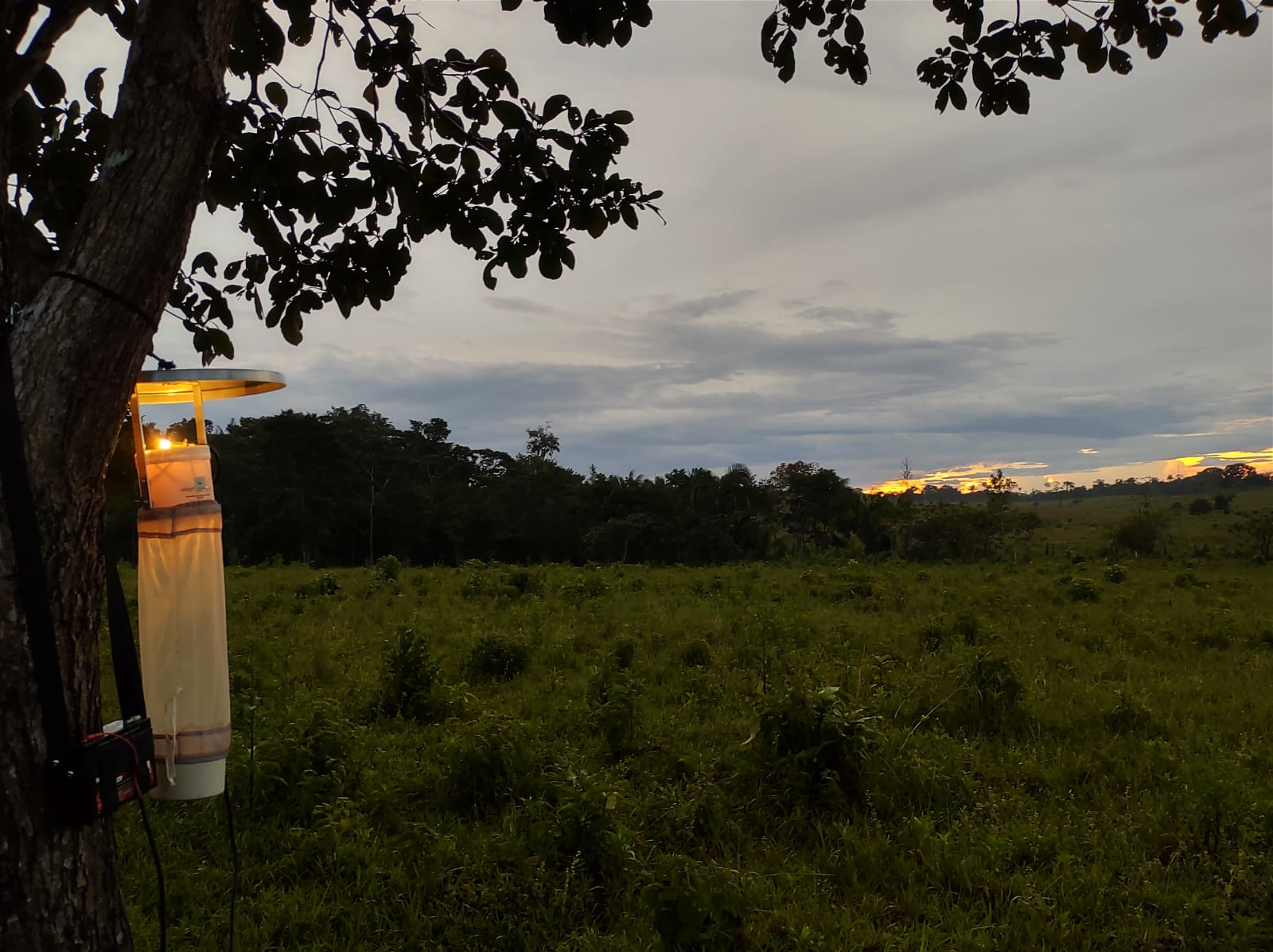
Research shows that areas with 50% deforestation near residential areas or fragmented vegetation allow greater contact between mosquitoes and humans. Amid the discussions for COP30, the study helps us understand the link between forest destruction and the spread of the disease.